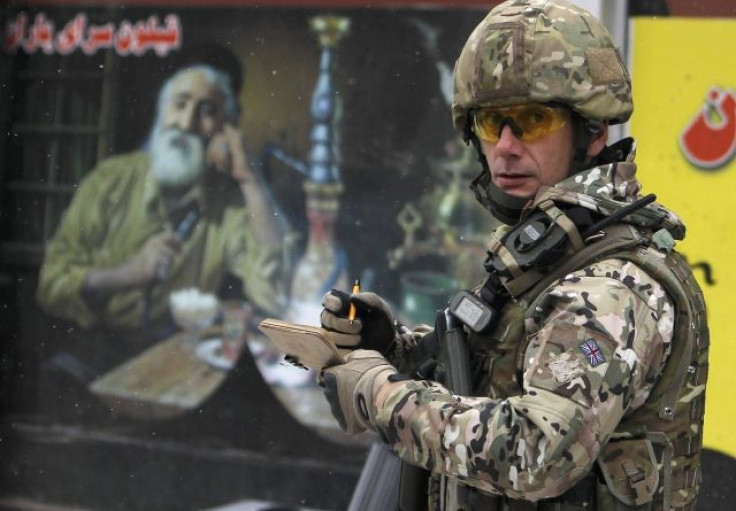Reduced Taliban Attacks Claim In Afghanistan Wrong, Admits US

Coalition forces in Afghanistan erroneously reportedly a decline last year in the number of attacks by the Taliban, U.S. officials said on Tuesday, raising doubts about NATO’s claims of progress in containing the Afghan insurgency.
Officials said a 7 percent decrease in "enemy-initiated attacks" for 2012 in a report posted on NATO's International Security Assistance Force (ISAF) website was wrong, and that insurgent attacks remained roughly the same as the previous year.
"This is a regrettable error in our database system that was discovered during a routine quality check. We are making the appropriate adjustments," Pentagon spokesman George Little told a news conference in Washington, the AFP reported.
"In spite of the stated adjustment, our assessment of the fundamentals of progress in Afghanistan remains positive," Little added.
As the Pentagon’s semi-annual report on security progress in Afghanistan that was sent to Congress in December used some of the same erroneous statistics, Little said the officials would “look at any adjustments that need to be made” to that report.
The Associated Press reported that it made inquiries about the figures posted on the ISAF website on Jan. 22 as part of its monthly update on trends in security and violence. The figure was removed from the website subsequently without explanation.
When the AP asked last week about the missing report, coalition officials said they were correcting the data and would re-publish the report.
Coalition spokesman Jamie Graybeal told the AP that the wrong data was put up due to clerical errors, but the ISAF’s assessment that the war is on a positive track remains unchanged.
Officials said the mistake occurred because some Afghan units have only recently taken the lead from NATO-led forces in some areas and had not entered numbers correctly into a database.
The accurate number for insurgent attacks in 2012 showed the assaults had remained at the same level as in 2011, at more than 3,000, a U.S. defense official, who spoke to AFP on condition of anonymity, said.
"Overall, the numbers are about the same," the official said.
Despite the heightened presence of foreign troops, the Taliban have reportedly been resurging after being ousted from power in a U.S.-led military invasion in 2001. The Taliban continue to hold de facto control over vast regions of Afghanistan, and the majority of foreign forces are set to withdraw next year. President Barack Obama’s announcement earlier this month of plans to withdraw 34,000 U.S. troops from Afghanistan next year will effectively halve the size of the current 66,000-strong American force in Afghanistan.
© Copyright IBTimes 2024. All rights reserved.












